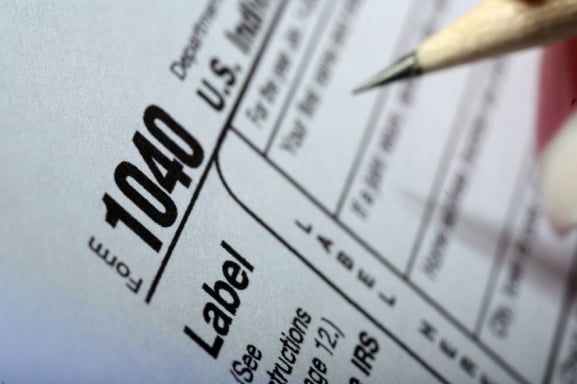Those who end up paying more taxes than required on stock sales may well have tough questions for their advisers
Advisers who sold stock for investors last year and didn't pay attention to new cost basis reporting rules may be in hot water once their clients get their investment account tax forms.
Those 1099 forms will carry the original purchase price, or cost basis, for equities sold in 2011. In most cases, experts said, the cost basis of the sale of stocks was determined by account defaults, such as first in/first out, rather than by the directed sale of a specific set of shares.
Brian Keil, director of cost basis and tax reporting for custodian for The Charles Schwab Corp. said that Schwab advisers specified which shares to sell in less than half the trades they made last year.
Investors who traded on their own were even less likely to specify a particular lot.
“Some may not have paid attention” to the change, Mr. Keil said. “And there could be repercussions.”
Whether investors like the results or not, they are stuck with them, Mr. Keil said. IRS rules do not allow for changes after a trade has settled.
Taxpayers have always been required to report their cost basis for the securities they sell and always had the option of specifying which shares they sold. Prior to 2011, however, purchase prices were harder to track and the IRS generally took the taxpayer's word for it.
But as of 2011, custodians were required to track and report both purchase and sales prices for transactions. The rule, part of the Emergency Economic Stabilization Act of 2008, is designed to help the IRS collect an estimated $6.6 billion in additional taxes over the next ten years. It went into effect last year for corporate stock, this year for mutual funds and some dividend reinvestment programs, and begins in 2013 for all other securities.
Due to the complexity of the new reporting requirements, some custodians have been granted 30-day extensions of the usual mid-February deadline for mailing out 1099s. Schwab expects to have all of its 1099s in the mail by Tuesday, but the forms are already available online for those who don't want to wait for the hard copy, Mr. Keil said. Fidelity Investments and Pershing LLC did not respond to requests for information about their reporting progress.
With better access to share-purchase prices, advisers have a better shot at managing the tax consequences of stock sales. Absent that info, however, they'll have more questions to answer, said long-time tax attorney Stan Smiley, senior vice president of the advanced planning group at Cetera Financial Group.
That probably won't be the case for most default sales in adviser accounts, Mr. Keil said. Account holders get to choose which default method is applied to the account. Many advisers specify that they want either high-cost or low-cost shares sold, and can specify whether these be long-term or short-term holdings. Individual investors are far less likely to specify which default they want, which means that Schwab will use the standard first-in/first-out, Mr. Keil said.
“Many advisers pick the default that will work the best nine times out of ten, and provide instructions only in the instances where it doesn't,” Mr. Keil said.
But that might not be good enough, Mr. Smiley said. Investors may not catch the occasional missed opportunity, but their accountants might. “Advisers have more skin in the game now,” he said.
And as mutual funds come under the rule, the situation will get more complicated, Mr. Smiley said.
That's because mutual funds can be sold on an averaged cost basis, which is the default most investors use. When the first portion of a mutual fund shareholding is sold using the average purchase price as the cost basis, that format must be used for all remaining sales of that holding, which would be the wrong strategy for an investor who plans to leave those shares as part of an estate, Mr. Smiley said.
“No one wants to pay more than their fair share of taxes,” Mr. Smiley said. “If a client feels they could have paid less, they will be unhappy.”







